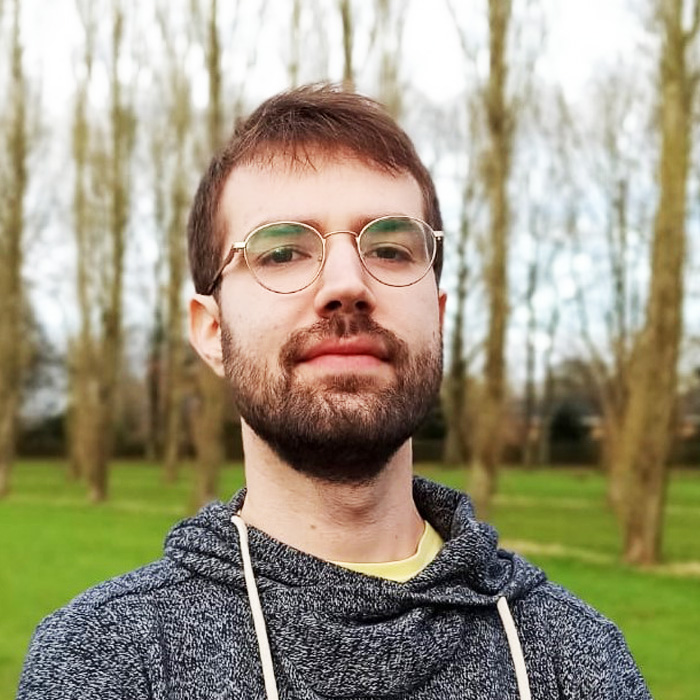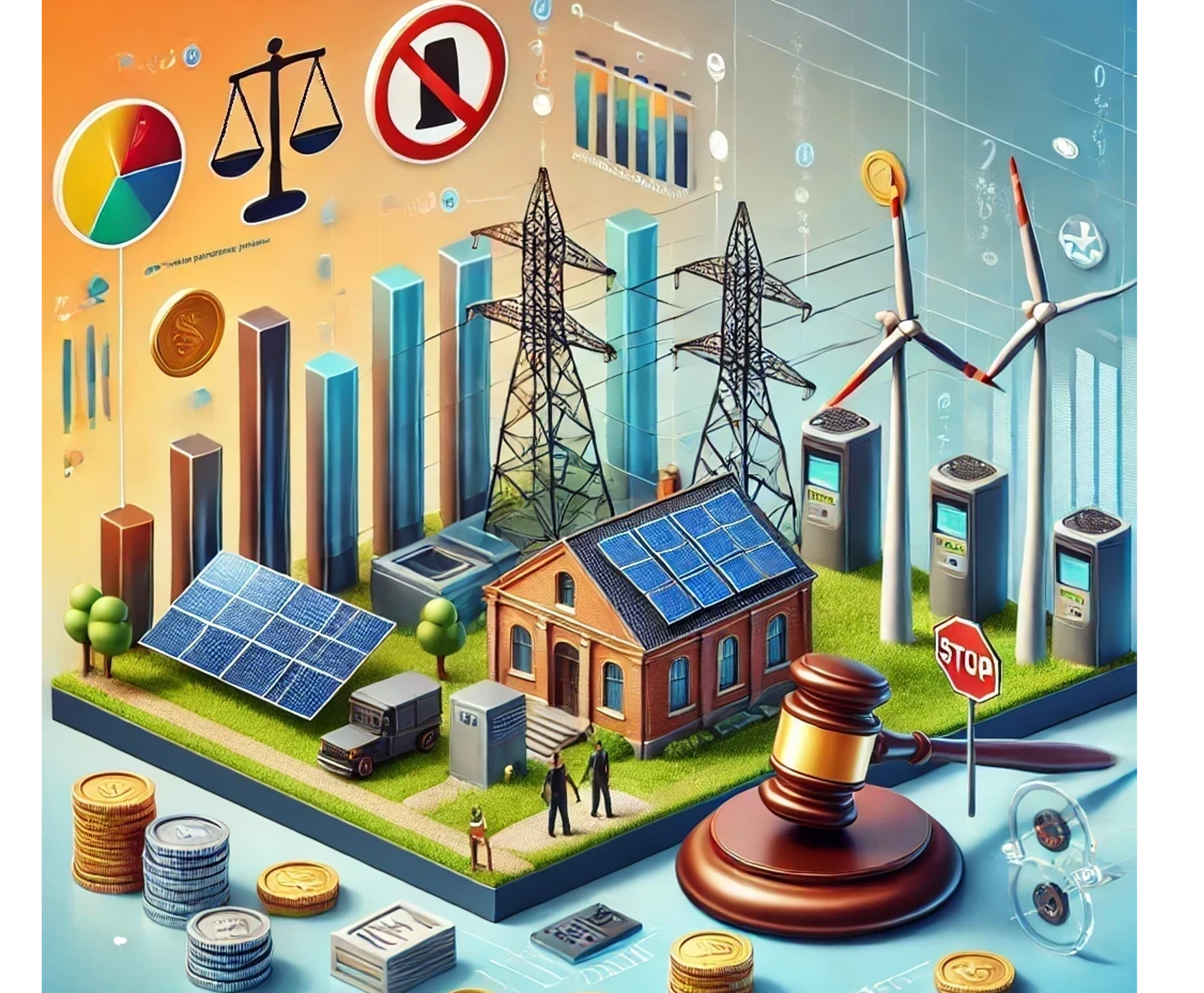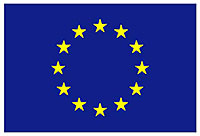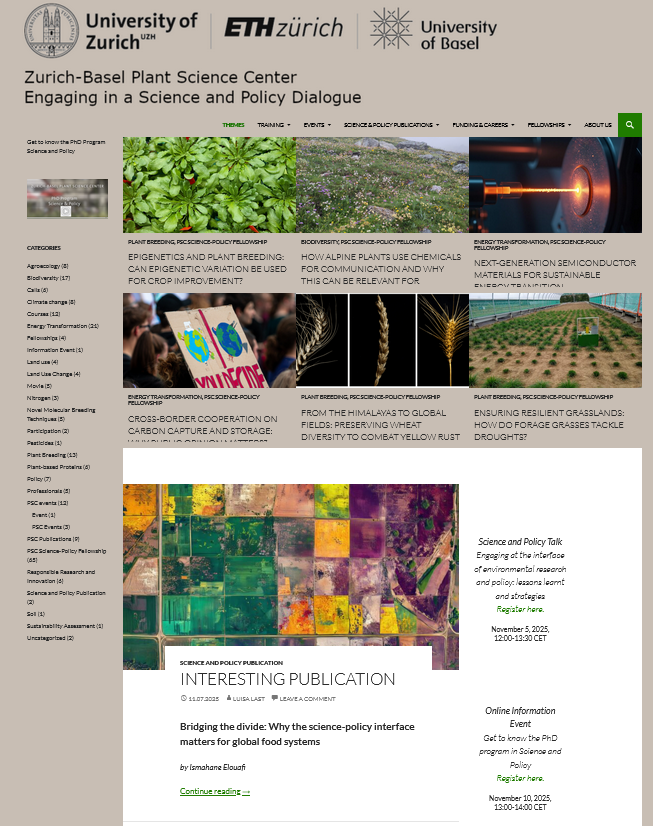Innovation Strategies and Policy Approaches to Support the Transition to a Clean Energy System

Fellowship Duration: Jan 2022 - Dec 2024
PhD Student: Arnau Aliana Guardia (LinkedIn)
Principal Investigator: Prof. Volker Hoffmann, Sustainability and Technology, Department of Management, Technology, and Economics, ETH Zurich, Switzerland
Project Partner: Dr. Peter Scherpereel, RWE Renewables GmbH, Essen, Germany
Research Fields: Energy Science, Clean Energy Technology Innovation
Project Description
A mix of policy instruments that effectively supports energy technology solutions is needed to address the multiple challenges involved in decarbonizing energy systems. The existing literature on policy mixes has mostly focused on qualitative analysis, and quantitative studies using energy models put the focus on techno-economic aspects but disregard the policy domain. Therefore, there is an opportunity to bridge these two fields and address the research gap through interdisciplinary research.
The main goal of our project is to develop a novel modelling framework that introduces endogenous policy decision variables into a techno-economic energy system optimization model. By making policy mix decisions an integral part of the model, the framework combines the perspectives of policymakers and energy system planners in a single environment. As a result, it can deliver integrated optimal energy strategies that cover both the energy policy and the energy system contributions to achieve policy objectives.
The proposed framework will then be applied to two case studies, illustrating the potential of the model-based framework in the decarbonization of the building sector and the Swiss electricity system. To ensure the calibration of our model with real-world data, we will collaborate with RWE Renewables, one of the world’s leading energy companies. The company ́s experience regarding the role of innovation and policy for a clean energy system, including the integration of renewables and sector coupling, will be very valuable for the project.
The findings of the project will be published in scientific journals as well as in policy briefs, outlining not only which technologies will be key to decarbonize the analyzed sectors, but also which concrete policies need to be implemented and when. This innovative approach of designing policies using energy system models will ensure that policymakers have the best tools possible to guide the energy transition.
This fellowship is hosted by the Energy Science Center.
Activities and Publications
Doctoral thesis Co-designing policy mixes and energy systems for decarbonisation: Expanding the role of energy system models
Peer-reviewed publication in Renewable and Sustainable Energy Reviews (2025) on Bridging policy and modelling: A review of policy representation in bottom-up energy system models
Conference talk at the ECOS conference 2024 (Rhodes, Greece, Jul 2024)
Conference talk at the ECOS conference 2023 (Las Palmas de Gran Canaria, Spain, Jun 2023)
Conference talk at the Smart Energy Systems Conference (Copenhagen, Denmark, Sep 2023)
Secondment
Arnau ispent 3 months at RWE Renewables in Germany, engaging with industry professionals and conducting a case study on decarbonisation strategies in the German context. This case study explores how different policy instruments could optimise the energy transition, particularly exploring what policy mixes are needed for an optimal deployment of energy storage technologies. Throughout his secondment, Arnau receives valuable feedback and suggestions from industry professionals, who, while not directly involved in policy design, are significantly impacted by these decisions. This experience allowed him to incorporate a different perspective into his research, understanding the needs of private developers such as RWE Renewables, providing him valuable insights into the practical challenges of implementing renewable energy policies.
Duration: Sep - Nov 2024
Stakeholder Workshop
The stakeholder workshop titled “Engaging Stakeholders in Decarbonizing the Energy System: Exploring Optimal Policy Mixes” took place on Nov 5, 2024, in Essen Germany. It aimed to engage key stakeholders in discussions on decarbonizing the energy system, with a focus on the German electricity sector. The workshop brought together different representatives from RWE Renewables, working on different international projects who joined to explore the use of the MANGOpol framework for co-designing effective policy mixes that balance cost, emissions reductions, and timely net-zero transitions. The session facilitated knowledge exchange between researchers, policymakers, and industry professionals. At this workshop, Arnau facilitated discussions and presented his Doctoral research, which focuses on incorporating policy decisions into energy system models. He delivered a 20-minute presentation introducing the MANGOpol framework and its application to the German electricity sector. The stakeholders were invited to provide feedback on the framework's assumptions and suggest improvements based on real-world challenges. As important feedback for Arnau and his project, stakeholders emphasized the importance of flexibility in policy design to account for diverse regional conditions. There was strong interest in including broader objectives, such as social acceptance and economic equity, in the optimization process. Their feedback highlighted the need for robust sensitivity analyses to increase trust in the model outcomes. Moreover, the stakeholders valued the clear visualizations of policy impacts over time, which they found instrumental for decision-making.
The workshop provided valuable insights into stakeholder priorities and concerns, which are essential for making the MANGOpol framework more practical and aligned with real-world needs. The interaction revealed the importance of integrating social and economic considerations into policy design and highlighted the need for transparent communication of model assumptions and results. The feedback received will guide further refinement of the model and enhance its applicability for policymakers. The co-creation process fostered mutual learning and strengthened the connection between academic research and societal impact.



